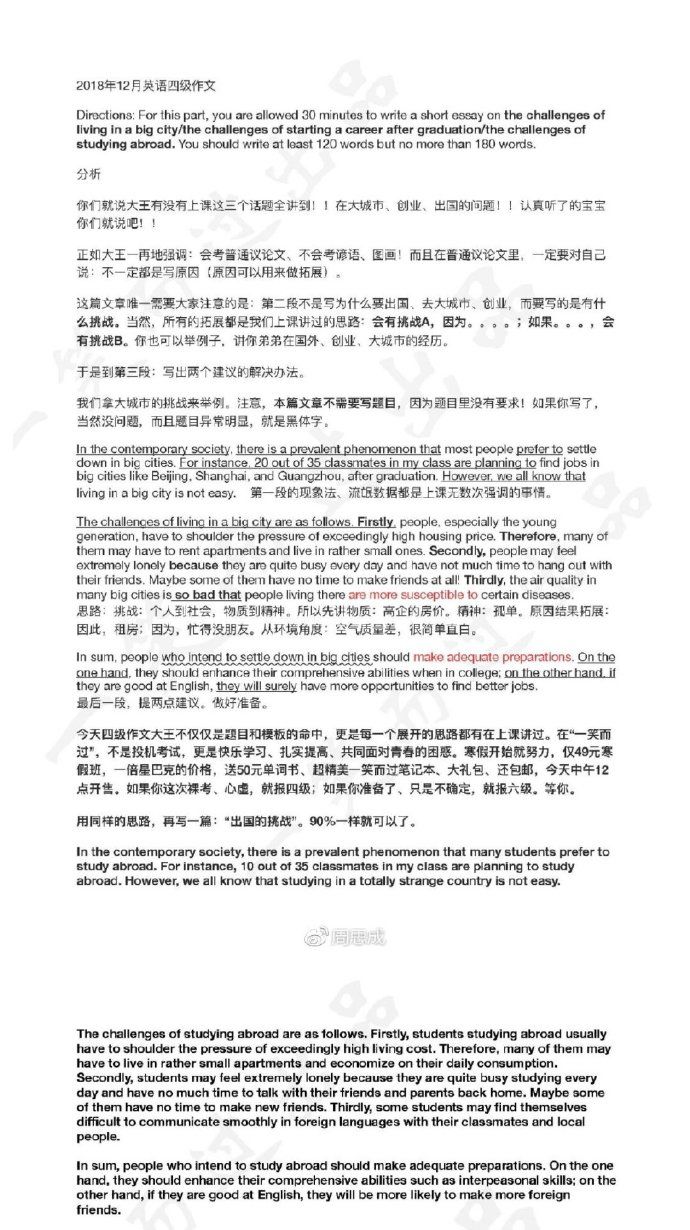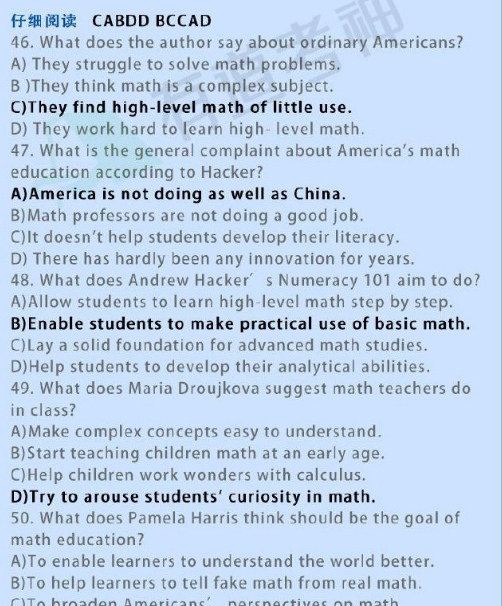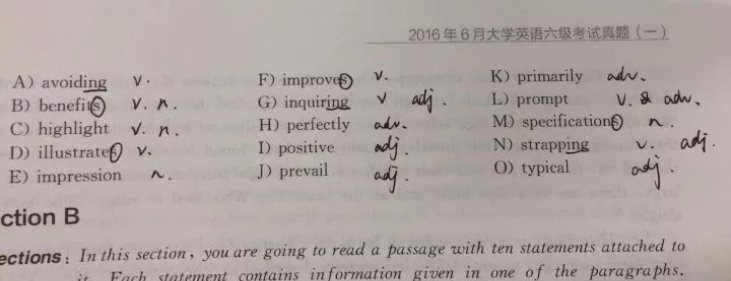LSAT考试综合辅导:LSAT一分值千金(2)
|
Much debate among economists has centered around the determinants of earnings. Most of the work on this topic has focused on the investment in human capital, or how years of schooling affect wages. There have also been several studies about how ability affects wages, how school quality affects wages, and whether or not schools simply act as screening devices for firms. Numerous studies have found a definite relationship between ability and earnings, both for starting salary and even more so farther down the age-earnings profile. Paul Taubman and Terence Wales, who have done extensive research in this area, found that holding other factors constant, increases in ability (defined as standardized test scores) add to earning potential, with the differences in earning potential being more pronounced in the top two ability fifths. (Taubman, Sources of Inequality in Earnings 36). Dael Wolfle found similar evidence, citing that "earnings are correlated with intellectual ability as measured by standard intelligence or aptitude tests . . . The relationship between ability and earnings is closer at the upper end of the occupational hierarchy and increases with experience" (Wolfle 72). Other economists have defined ability as class rank, and have come to similar conclusions. Donald Bridgman showed that rank in college did not affect starting salaries much, but in later years, those who had been at the top of the class earned more-30% more after 15 years, and even more with time (Becker 175). But since students with higher test scores tend to attend more prestigious institutions, and perhaps these wage differentials are due in part to the value added by better schooling. Wolfle found that "among college graduates, those who graduate from superior or more prestigious institutions have higher earnings than those from lesser institutions. Although diminished, the advantage is still evident after corrections for differences in ability" (Wolfle 72). Solmon attests that high income later in life is powerfully affected by several dimensions of college quality, including peer-group effects and faculty quality ("The Definition and Impact of College Quality" 99). Other economists, such as Michael Spence, are proponents of the screening argument, believing that schools are merely screening devices for firms. Since the caliber of a school reflects the abilities of its average student, schools act as signals of student quality. Therefore, perhaps a school's value lies in its function as a no-cost signal to firms rather than in its value as an educational institution. Still, most economists are in agreement that both ability and school quality affect wages. As Solmon explains, "The work by Taubman and Wales and my own work indicate that the effects of college quality are not linear; that is, in general, high-ability students get more out of 'good' schools than do students with less ability" ("Schooling and Subsequent Success" 16). All previous work in this area has used data from individuals across schools, so it is virtually impossible to isolate the true effects of ability on earnings without also seeing the effects of school quality on wages. In order to determine how much ability and school screening effects actually effect earnings, one must isolate the effects of schooling, which I attempt to do in this paper. Another problem that economists have encountered in the past are the effects of self-selection. Since abler persons probably invest more in themselves because their rates of return are higher, it is difficult to measure the effects of this self-selection. By using such a narrow group of individuals who are all investing in exactly the same amount and type of education, I can also eliminate these self-selection effects. However, it is still impossible to eliminate all bias from a model comparing ability and earnings. I cannot account for nepotism, personality, or pure luck, which may have large effects on hiring and wages. I also cannot discriminate between effects of true ability and value added by schooling. I can, however, find a fairly accurate estimate of how much one point on the LSAT is worth to the testtaker, and whether its effects extend beyond the law school application. In broader terms, this study will assign a quantitative measure to ability and to schooling and school screening effects on initial wages |








